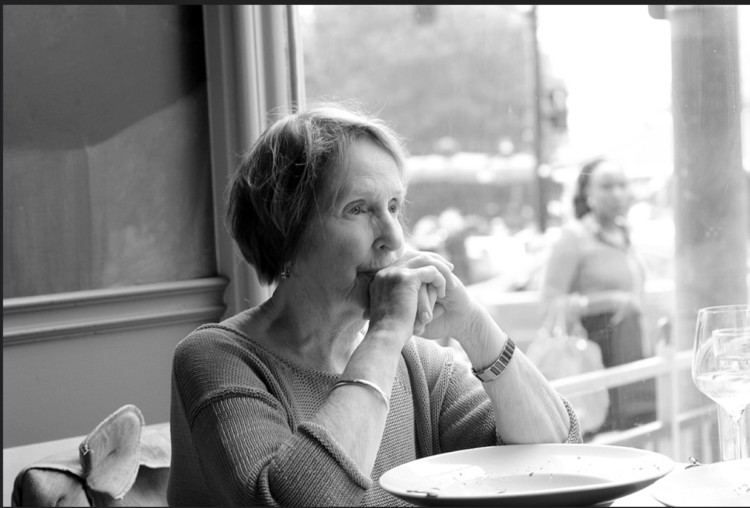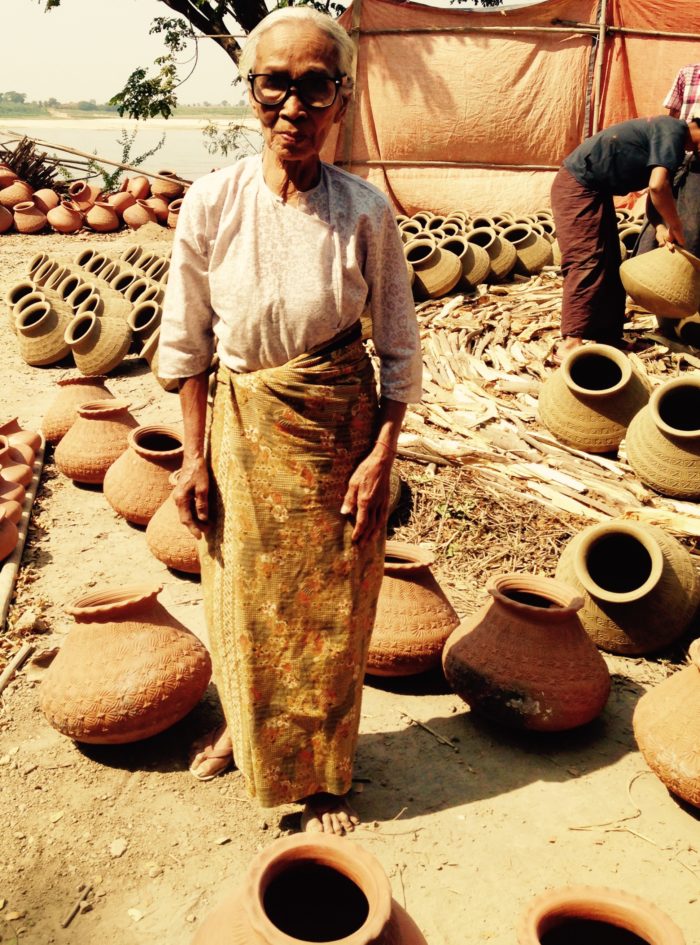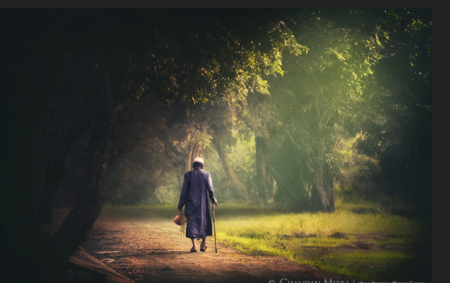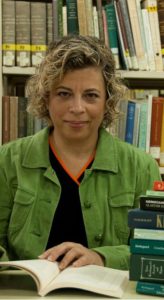Guest post by Dr. Tami Yaguri
(This is an excerpt from an upcoming talk on aging to be delivered in Dusseldorf on July 8, 2016.)
“When do we get there?” Kids ask their parents the minute they get in the car for a long drive.
The kids do not know yet how to appreciate the view outside the window, the road, and the sense of togetherness in motion. All of these are gifts of a later age, especially old age.
In old age we arrive. We no longer ask so often and with impatience: “When do we get there?”

An older woman contemplating the meaning in her life.
The word “old” or “old age” is loaded. Young is a complement. Old – a curse. Old age carries an insult: betrayal of body, of memory, of looks, of quickness, of gravitation that pulls everything downward, where we face illness, helplessness, and above all, a great fear of pain and suffering, and a mortal fear of death. When you hear all of that in the word “old” – no wonder it’s disheartening!
The word “old” has positive meanings in the Bible that have almost disappeared in contemporary culture: To be old is to be wise, a member of a body of representatives, “The head is the elder, the honored one” (Isaiah 9:15). Long life is a blessing.

A Burmese woman, revered as an elder in her society
On viewing old age as blessing rather than a curse, Viktor Frankel writes:
The pessimist resembles a man who observes with fear and sadness that his wall calendar, from which he daily tears a sheet, grows thinner with each passing day. On the other hand, the person who attacks the problems of life actively is like a man who removes each successive leaf from his calendar and files it neatly and carefully away with its predecessors. He can reflect with pride and joy on all the richness set down in these notes, on all the life he has already lived to the full.
Why should an elder envy a young person? For the possibilities open to a young person, the future that is in store for him?
“No, thank you,” the elder will say, “Instead of possibilities, I have realities in my past, not only the reality of work done and of love loved, but of sufferings bravely suffered. These sufferings are the things of which I am most proud.”

Adelaide, 90, and Connie, 80–two remarkable elders who practice living in the moment.
In old age the full potential of human existence is realized. Just like a tree that starts from a seed and grows into a young plant, and into a thick trunk with large branches, then turns less green and finally dies – completing its full life cycle – so it is with humankind. Anyone who dies young cannot know the full range of flavors that human life can offer.
What is the unique added element in the chapter of old age?
The answer is to enjoy the way, while paying attention to neglected areas. The invitation is not for mere action. It is something else.

A serene moment in old age
Action through non-action means to let the world continue with its flow uninterrupted. The idea is to accept oneself as inseparable part of creation and act that way. It is “having without possessing,” recognizing the “Powers of Nothingness.” It is trying not to control the universe, but to let it show you the way. Harmonizing oneself with this power makes one stronger. This is the path of serenity.
It’s accepting reality as it is, and seeing perfection in the imperfect. It’s not perfect in every part, but it’s perfect as a whole.

Dr. Yaguri
Dr. Tami Yaguri teaches philosophy at Tel Aviv University and gives lectures and classes in psychology and art therapy in the Tel Aviv area. She is a Kierkegaard scholar and her book, Meaning in Life, is being translated into English.”